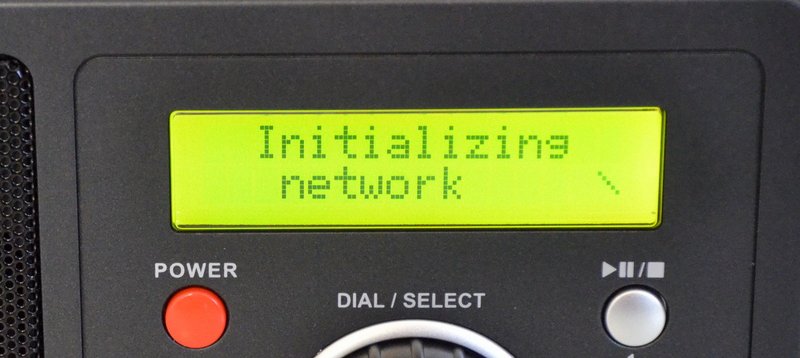Many thanks to SWLing Post contributor, William Lee, who shares the following article from Radioinfo.com.au:
Radio Tomorrow with James Cridland
We believe that the days when all media will be distributed over the internet are not too far away.”
Those are the words of the BBC’s Chief Technology and Product Officer, the very nice Matthew Postgate, who made a long speech which the BBC has reproduced on its press site. Digital TV Europe excitedly reported it as the BBC predicting an all-IP future.
I tweeted this last week, and it was retweeted heavily, with a lot of radio people posting “I told you so!” and “I’ve been saying this for ages!”; and a few online radio companies jumped to self-promote themselves as part of the all-IP future.
Calm down, everyone.
First, as a former senior manager at the BBC, I’d start with the seemingly trite statement that whenever you hear “we” coming from a BBC manager in a speech, what they really mean is, firstly, “my department”, and secondly, in most cases, they also mean “television”. Indeed, there is no mention of radio in the section of Matthew’s speech which talks about an all-IP future.
Radio and television are very, very different.[…]


OMG – This is my second rant on the SWLing Post today (also see the Australian external media review/study post).
I must just be in a “mood”! Anyway all below is written in good spirit! I believe what I have written, but always willing to debate the topic – particularly in a bar with a beer! 🙂
This is a really interesting debate! I myself do believe we are rapidly moving to an all-IP media future. Ask any young person! The most popular radio services on the planet for people in the developed world (ie people with economic freedom – disposable income to purchase things – the targets of advertising) now are Spotify and to now a lesser extent Pandora and Google / Apple / Amazon music.
OK first off everyone reading this blog is now yelling at me THAT IS NOT RADIO. Tell that to the upcoming generations – for them it is radio. Its rapidly becoming the only radio they access.
All us oldies (I turned 59 2 days ago) can put our fingers in our ears and yell no it not happening. And industry magazines like RadioInfo will of course always feature articles that promote the industry they are a trade publication for. But as hard as it may be to swallow, I predict there will be virtually no analogue broadcasting in 25 years – maybe even 20 years.
Strangely I predict the USA will be the last to shut down the current technology. The USA has a massive population, it has a massive heartland often resistive to change. The country functions extremely well-using inches and miles. Ounces and pounds, but as the MW band and FM band continues in the USA for a long time yet, other places will move to IP-broadcasting and reuse the MW and FM spectrum for more efficient digital modalities.
IP is bi-directional. You can identify the listeners – either if you are at the server or if you can tab the “channel” in between. Do we really want that?
TCP/IP is a family of very “chatty” protocils. For example, a simple “OK, got it” reply uses at least 46 bytes and you need to send at least one of those for every 6 kB received. Are we sure that everyone gets enough bandwidth? Are we sure that the specific infrastructure will survice every desaster?
Even digital broadcasting has its hard limitations: DRM is last century’s technology hardly anyone uses. DAB is intended for distances up to 30 km. All digital receiving sets consume much more power than a simple AM or FM radio.
That’s really not the issue. Digital data can be sent over a radio signal without needing an IP-based system, and data sent through radio can also be sent through IP. If digital signal improves such that it becomes more useful, I fully expect to see it be adopted more quickly. For example, if it were actually feasible to receive DRM on a standard radio, rather than needing to buy expensive radios that fail to receive often (at least, that’s what I’ve read), the DRM system offers things not available to analog shortwave. I’d prefer a clear digital signal over the cool, but not very helpful, static that always seems to rise in amplitude when the broadcaster is getting to the interesting part of the sentence. Meanwhile, ideally, DRM would have none of the downsides of an IP radio system; nothing required in the middle, capable of being heard at great distance, etc.
Meanwhile, I don’t expect, nor do I want, an IP-based radio system. There are numerous reasons not to adopt one, and several of them are annoying enough that I assume it won’t happen in the near future.
Let me be clear. Let me be precise. Let me be concise.
No.